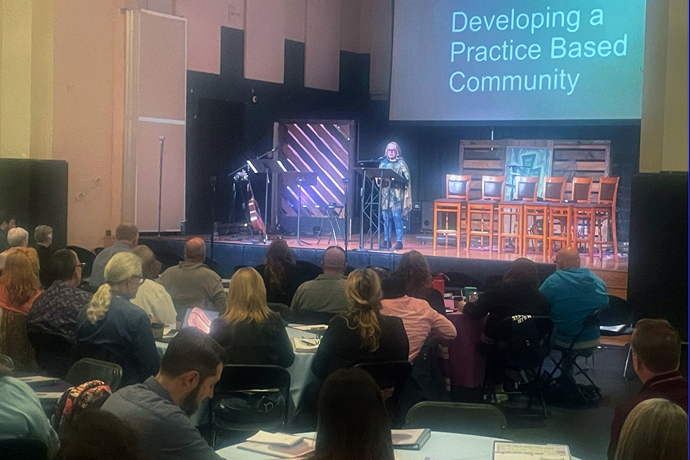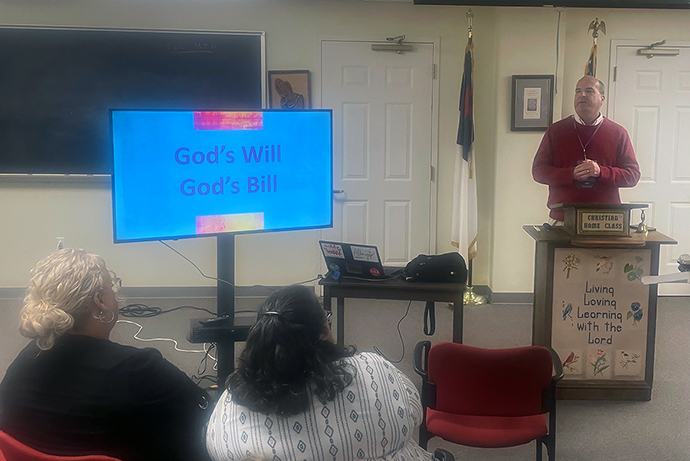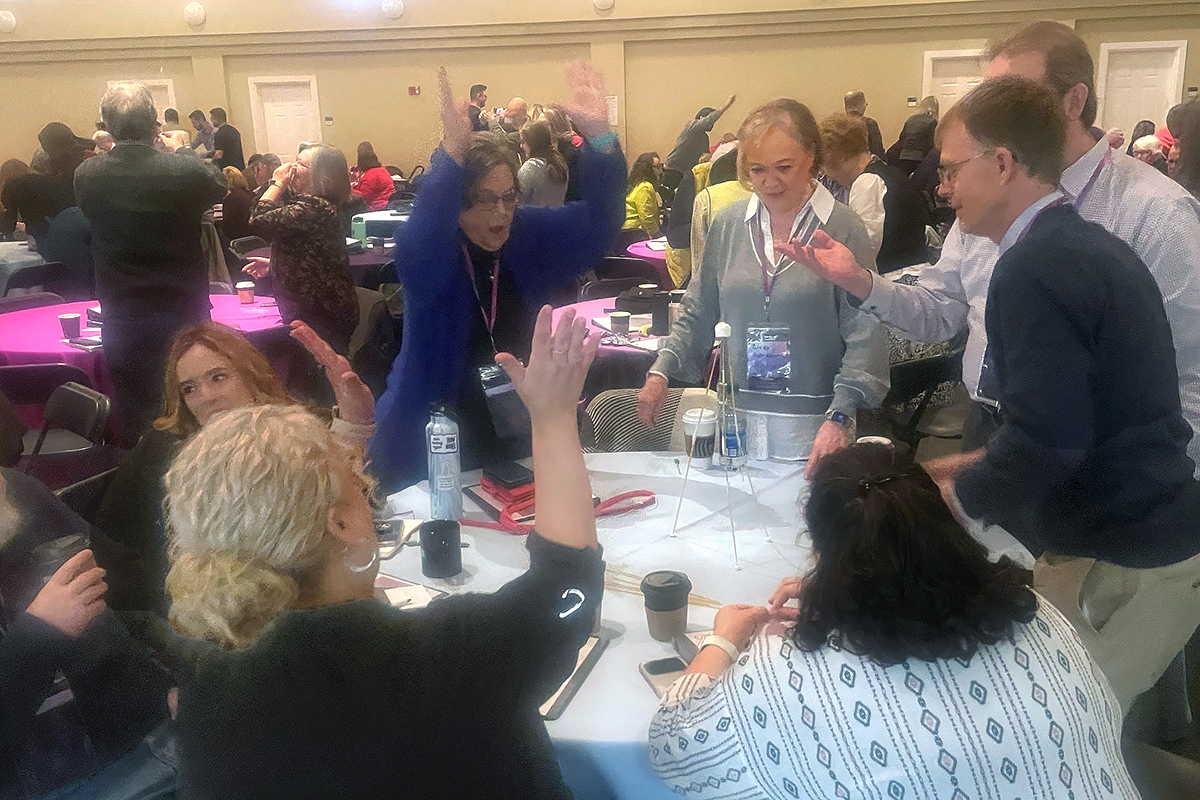Key points:
- Churches need to get more creative to get their ministries funded instead of relying on what they get in collection plates, said the former dean of Duke Divinity School.
- Options for alternative funding include applying for grants and running small businesses.
- More clergy may need to get second jobs so their income is not tied directly to what their congregations can afford, said panelists at the recent Fresh Expressions national conference.
New approaches to ministry require new approaches to funding those ministries, said panelists at the first national convention of the Fresh Expressions movement.
The Futuring Forward: The Reawakening of the People Called Methodist conference, held Feb. 7-9 at Providence United Methodist Church in Charlotte, North Carolina, was chiefly concerned with innovative ministry approaches that deemphasize Sunday morning services and property holdings.
But how to finance ministries in an era when church attendance — and therefore giving — is falling, also was addressed by some of the participants.
“We’re losing the old ways of getting money, which was philanthropy and people putting money into the plate,” said the Rev. Elaine Heath, the former dean of Duke Divinity School and abbess of Spring Forest, a monastic, missional community in the United Methodist tradition in Hillsborough, North Carolina.
“That’s diminishing quickly,” she added. “We have to develop multiple revenue streams and bivocational ministry teams with pastors and laypeople so that we greatly reduce the need for denominational funding to do the innovative work we’re doing.
“That takes the pressure off the denomination to shape metrics around how much money we get, and then we can put the metrics where they belong, which is, ‘How are lives being transformed?’”

Fresh Expressions ministries usually need less money to operate because they often take place in public locations and sometimes are led by non-clergy volunteers, said Michael Adam Beck, director of Fresh Expressions for The United Methodist Church.
At Spring Forest, staffers pursue grants, sell produce and eggs from its farm and offer spiritual retreats for visiting groups. The only building the church pays for is a portable toilet that costs $90 a month.
“The other buildings on the land are privately owned, and we donate our land and our resources for the ministry,” she added.
“The Benedictines for 1,500 years have run their monastic communities by generating income through baking bread and selling it, brewing beer, growing mushrooms and so on,” Heath said. “And they still do.
Subscribe to our
e-newsletter
“So it’s a return to some of that wisdom. … If we have smaller communities that don’t require expensive buildings and infrastructure, then you can actually do a very powerful ministry on a very tiny budget.”
Early church planters were documented in the Book of Acts as bivocational, working as tentmakers, tanners and other jobs to support themselves.
“That gave them prophetic freedom to actually form communities and not be suppressed by the need to please people so they keep putting money in the offering,” Heath said. “So we can be really agile and we can be out in the communities. We can be prophetic and healing and not be bound by things that bound us to the old model.”
However, people donating money to their local churches will continue to be important. The Rev. Brett DeHart, senior pastor of Aldersgate United Methodist Church in Augusta, Georgia, did a presentation at the Fresh Expressions conference on ways to maximize those efforts.
“Generally, the Fresh Expressions people walk up to the refrigerator, they grab eight ingredients, throw something together and invent something new,” DeHart said. “Then you have recipe people, and they’re the ones that get the recipe book out and they follow every single instruction.”

He is a recipe person, DeHart said.
“Show me how you did it — go copy somebody else as opposed to just starting something that’s brand new,” he said.
Regarding Fresh Expressions, DeHart said the approach won’t get everyone at a church excited, “but it’s really going to fire up some people.”
He said that there aren’t typically a lot of people with high-level engagement with the day-to-day operation of the church, but you only need a few of those.
“It doesn't need to be broad appeal, where everybody’s giving 35 cents, when you might have one or two or three people that give thousands because they’re so fired up about what you’re doing.”
Contrary to conventional wisdom, “there are plenty of resources” for the church’s work, said North Carolina Conference Bishop Connie Shelton.
“There's a bucket of money in the conference office,” Shelton said. “There are plenty of resources out there, financial and leadership. We just need to open our imaginations and put groups who are willing to discern the Holy Spirit to lead us into the right places.”
Patterson is a UM News reporter in Nashville, Tennessee. Contact him at 615-742-5470 or newsdesk@umcom.org. To read more United Methodist news, subscribe to the free Daily or Weekly Digests.




